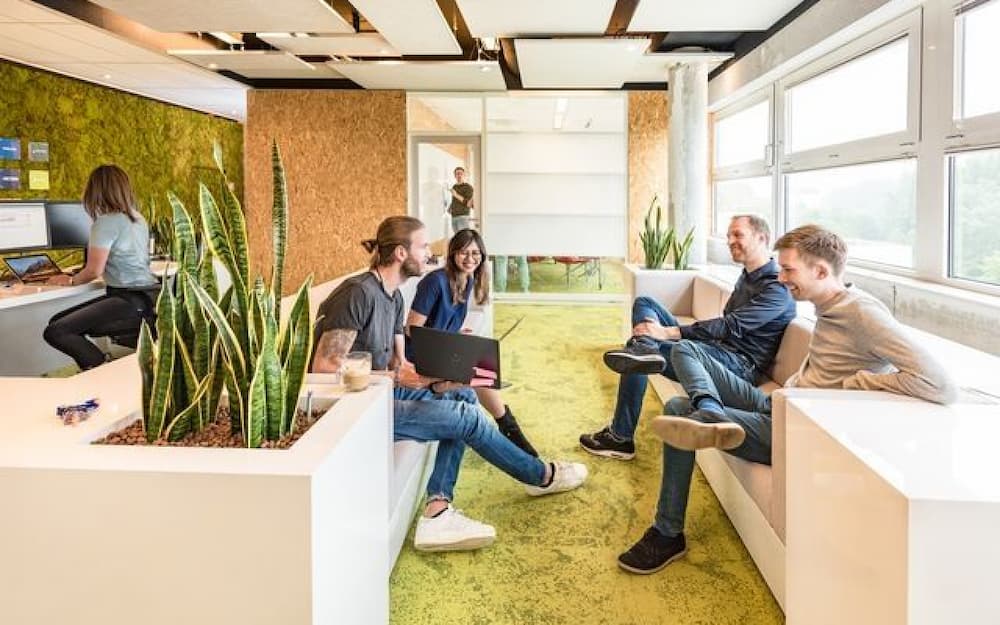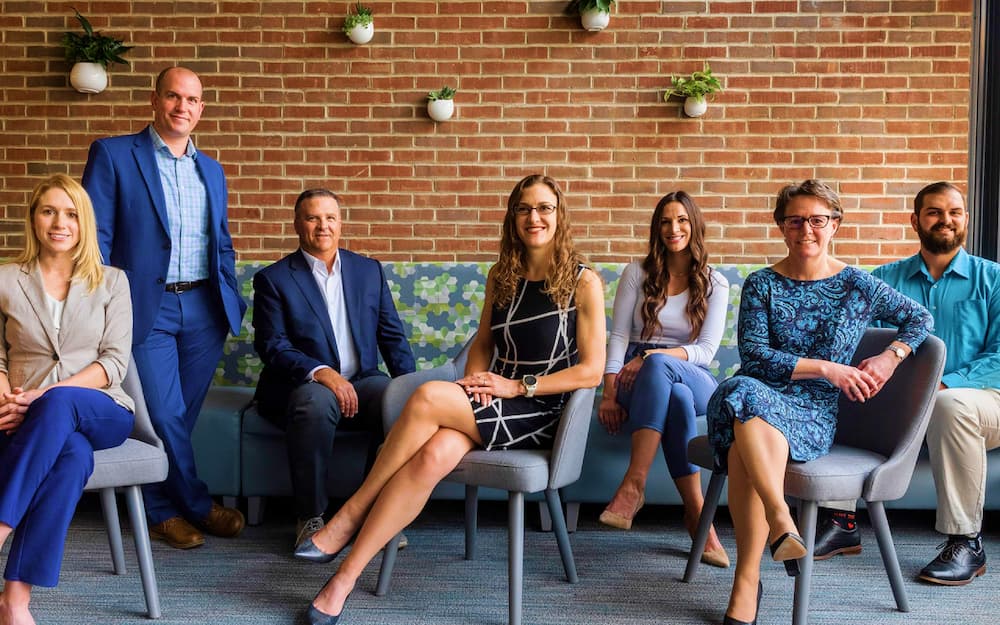How Valtech Used Lattice to Build a People Strategy with Feedback and Data
A conversation with:
A conversation with:
Director of People and Culture


With Lattice, we found the opportunity to maintain a pulse on how employees are feeling across all our locations while keeping them engaged and focused on their growth and development.
Director of People and Culture
“We are a people company,” says Melisa Guerbi, Director of People and Culture for Valtech, but few companies have the intricate people challenges that this global consultancy wrestles with, considering it has more than 50 offices located on five continents. The highly scattered nature of Valtech’s workforce – compounded by its rapid growth rate – has presented many challenges. “There was no singular Valtech experience,” says Melisa, “and as the company got bigger, it has become harder to give feedback.”
Valtech’s immediate challenge was determining how to formalize its feedback processes without losing the personal touch that had driven so much of its success. At the same time, Melisa wanted to find a better way for those in the company to get to know its diverse workforce, aiming to help workers understand the vastly different backgrounds that make up the Valtech team. Existing efforts like its monthly “cultural calendar” had been helpful at creating a community that embraced diversity – and celebrating it. Ensuring that level of engagement continued during a period of rapid growth, not to mention pandemic-driven upheaval, was paramount.
Melisa asked peers for advice on finding a tool that could help with its People challenges, and Lattice was one of the recommendations. The company ultimately demoed seven tools, and “while some had good features and user experience” says Melisa, Lattice was the only one that combined performance management, engagement tools, and a career path development system (the Lattice Grow system) into a single platform.
“Becoming a feedback-driven organization is an ongoing process,” says Melisa. “That means we must have a continuous cycle of data to drive action plans for improvement.” Before Lattice, Valtech’s systems for achieving this were archaic and underdeveloped at best, limited to some basic questionnaires and surveys that didn’t lend themselves to actionability. “I recall a conversation I had with an employee who shared that he didn’t take surveys because there was never any action taken from the results. That stuck in my head for days,” says Melisa. “We needed to prove people wrong.”
When Valtech used Lattice to create its first Regional Happiness Survey this year, the number of employees participating in it set a record for any employee survey generated by the company, ultimately generating nearly 1000 comments. “We created an action plan based on the precise data and themes, which Lattice helped us customize,” says Melisa, which culminated in the launch of a variety of workshops to work through those recommendations. “We’re now using both survey results and employee feedback to create our Valtech Raising Standards People Strategy,” she adds.
“I’m also obsessed with both Pulse and the eNPS feature,” says Melisa. “I literally check the sentiment, eNPS score, and comments every day, so I can get a deeper understanding of employee motivation. Understanding their current mood and where their motivational triggers are is a day-to-day task for the People and Culture team.”
Melisa says that Pulse provides Valtech with the specific data it needs to continuously improve its culture, particularly since she relies on the tool regularly. “Studies have shown that if someone is asked about a particular topic once each week, the habit-forming nature of the activity means they will be more aware of the topic during the other six days of the week, and they will start considering ways to improve on that specific topic between each poll,” she says. Since regular surveying with Pulse began, Melisa says operational improvements have been tangible, especially with managers who are increasingly asking for guidance on how to improve their leadership skills.
Valtech also implemented Lattice’s 1:1 feature during implementation, and while Melisa says she didn’t even expect the feature to be used, within days of launch, 80 recurring 1:1s had already been scheduled. Today, the company has 208 recurring 1:1s on the books, and the number continues to grow.
“If we didn’t have Lattice during COVID-19,” says Melisa, “we would have missed the opportunity to develop our employees’ careers and really hear what they were going through on a daily basis. Pulse surveys and 1:1 check-ins have helped us navigate this challenging time by keeping employees engaged on their objectives. Meanwhile, we are constantly making changes to improve their work experience based on their feedback.”
Workers are also asked to engage with co-workers, either inside or outside their team, through “coffee chats” at least twice a week. These informal discussions are designed to replicate the water cooler – or coffee machine – chatter that was a natural part of the in-person office experience. Managers are asked to do the same with direct reports, but to keep the conversations on non-work topics exclusively: hobbies, kids, pets, and so on. It’s all part of Valtech’s goal of building camaraderie and keeping morale high, even when employees are primarily interacting over Microsoft Teams and email.
But perhaps the biggest impact of Lattice, says Melisa, is that employees have been so eager to provide feedback on both the corporate culture and its day-to-day operations. “It was proof for us that they loved the company and wanted things to get better,” she says, adding that executive leadership has been voraciously reading employee comments and is in full support of the Valtech P&C team. “We didn’t have to convince them of the improvements needed,” she says. “The comments did.”





